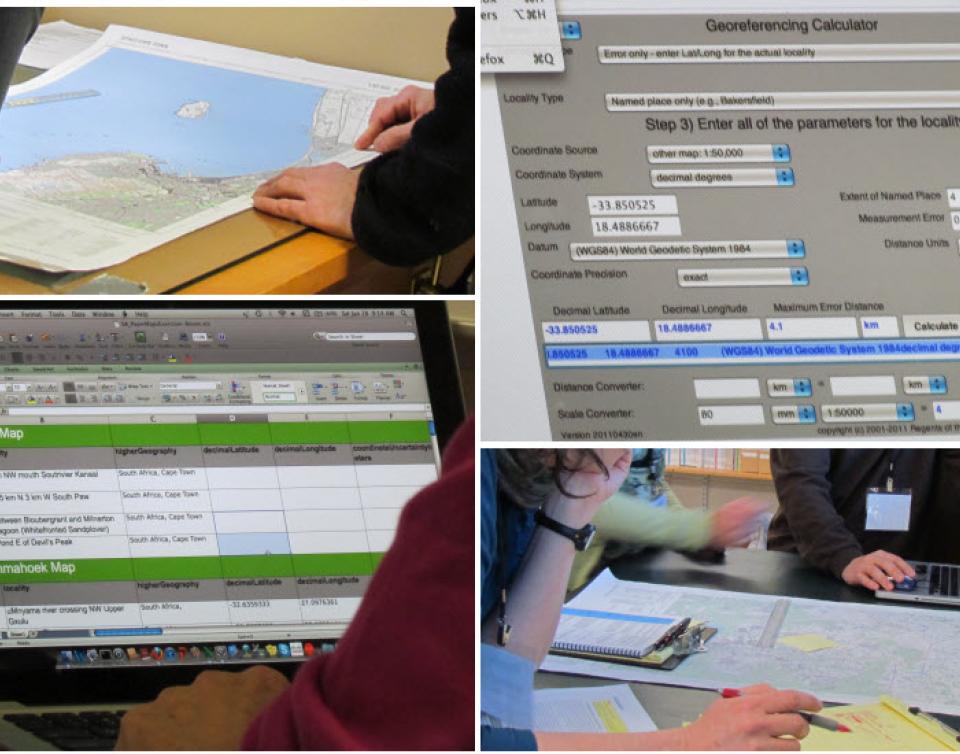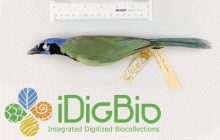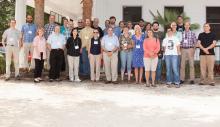SCAN TCN Kick-Off Meeting
Compiled from notes in the field from Deb Paul, iDigBio Digitization Expert:
The Southwest Collections of Arthropods Network (SCAN): A Model for Collections Digitization to Promote Taxonomic and Ecological Research kickoff meeting at Arizona State University.
August 15-16th 2012







